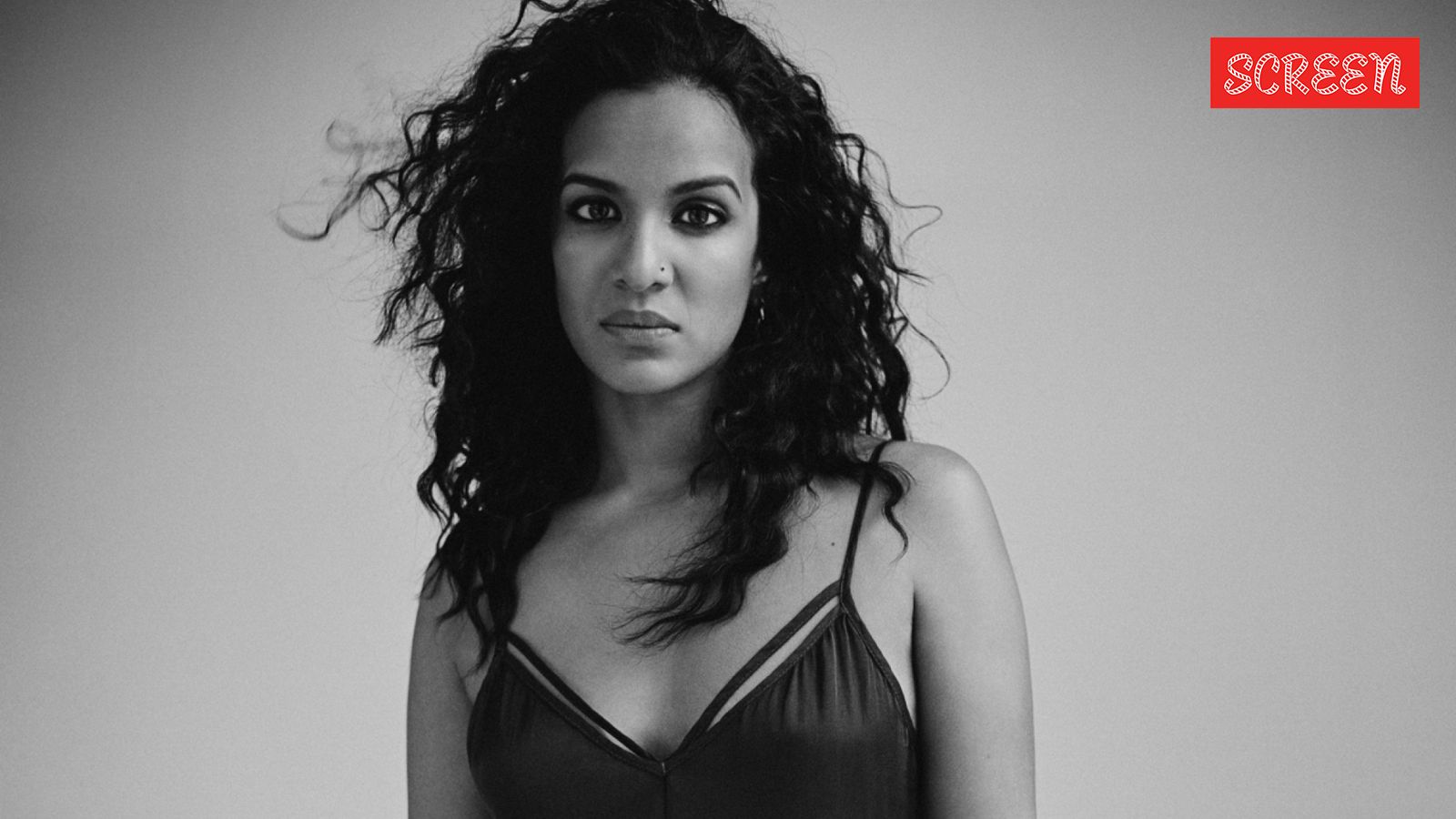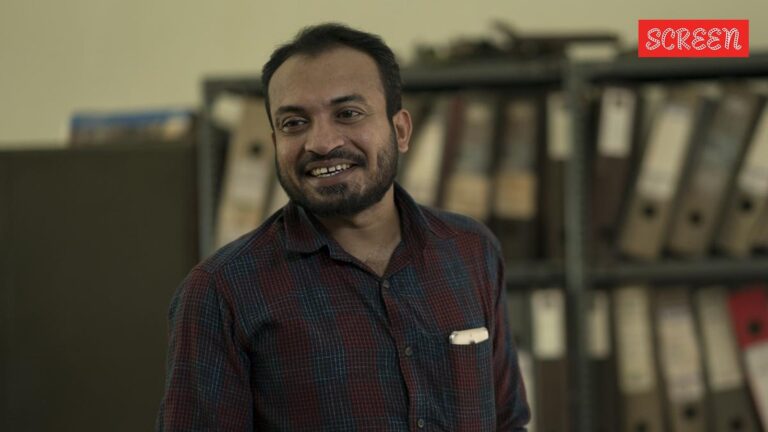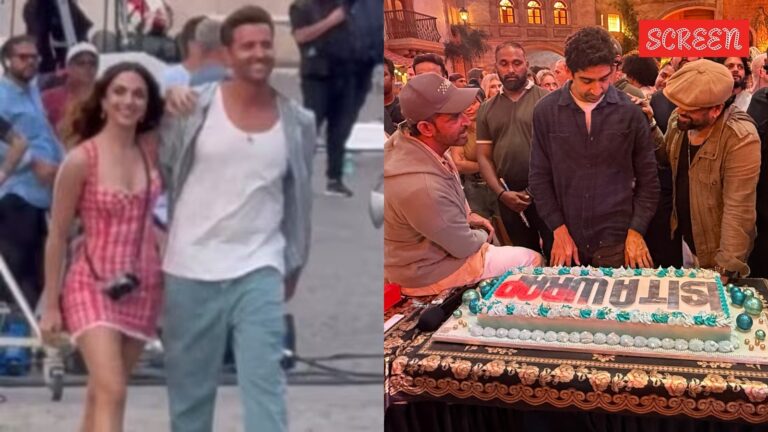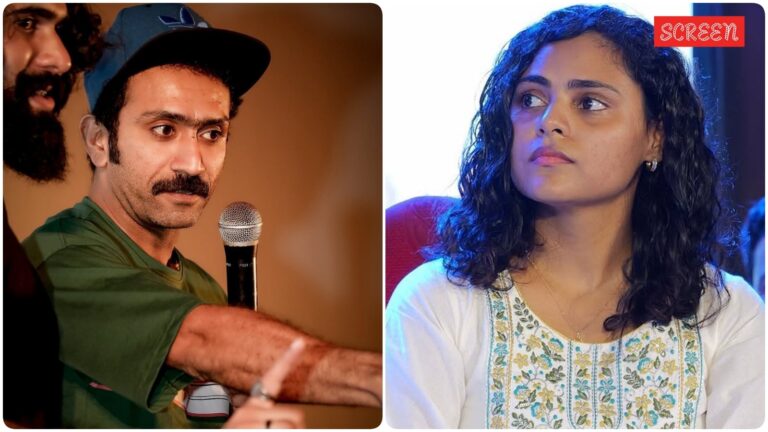Acclaimed sitarist Anoushka Shankar, celebrated for her genre-defying compositions and her own formidable place in the world of music, recently spoke to Mojo Story in a deeply personal conversation. In the interview, she reflected on grief, trauma, and how public and private tragedies fused during a transformative period in her life. She recounted the emotional turbulence she experienced following the death of her father and guru, the legendary Pt. Ravi Shankar, in December 2012. Just five days after his passing, the brutal gang rape of a young woman in Delhi, widely referred to as the Nirbhaya case, shook the nation and the world.
“So I lost my greatest musical collaborator, I lost my teacher, and then of course we had this Grammy experience going on. There was also a whole other aspect happening for me, which I connected to major life events that, technically, weren’t related. But five days after my father passed away, the Nirbhaya attack happened. I was already deep in the grief of losing my father when that news broke. And so, for me, I can never think about one without the other, because they both intensified something within me, this trauma bubble of grief, anger, and outrage. It was all one thing, really.”
Anoushka also opened up about her own experience with sexual abuse. She addressed the disconnect between public perception and private reality, especially in the context of her being viewed as someone who had a “charmed life.” “I’ll just rewind a little bit. You know, in so many ways, like we touched on earlier, I had a very fortunate upbringing. I had a lot of incredible things in my life. But one of the narratives that, as a human and as a young woman in the press, used to rankle me was this idea that I’d just had a charmed life, that I had a silver spoon, that nothing bad had ever happened to me, and that I’d just swanned into this industry. And you know, sexual abuse… as I say, everyone has a spectrum. It’s not like that was the only thing. But when you carry a big wound like that, and it’s a secret, it feels very disjointed from how you’re seen, compared to how you actually feel as a human being,” she told Barkha Dutt.
Also Read | ‘As I grew, I realised music was safe and I could allow more of myself into it’: Anoushka Shankar
Anoushka said her father’s death may have played a role in her decision to speak out more openly, noting that he had been aware of her experience, but that his passing brought a kind of emotional release. “I think perhaps my father passing away made me feel a little freer to share my story publicly. He knew my story, but any pain that he might’ve gone through with me sharing it in a wider context was no longer relevant. I was in immediate grief. I wasn’t thinking so much as feeling.”
The Nirbhaya case, Anoushka said, marked a turning point in public discourse around sexual violence. For her, it was a moment of great reckoning, both personally and collectively. “One of the things I really experienced about the gang rape in Delhi was that it was, in my living memory, the first time the whole world was talking about one story of sexual violence. I don’t remember a time before that when everyone, everywhere, was focused on sexual violence. That was an opportunity. That was a moment. And any way that any one of us could help galvanize it, make it bigger, felt important.” She also addressed the troubling social undercurrents that surfaced in the aftermath of the case, particularly how class and social status shaped the narrative around the victim.
“But there was a little sub strand to the narrative. And I say this with no diminishment whatsoever, but perhaps the reason her story, as opposed to others, got picked up so much was because of the strata she came from. Because she was middle class. Because that made it feel more shocking for people, that someone from that class could have it happen to them. That narrative really showed me how much misapprehension there is around who this can happen to, and how universal it is. And so I knew that with my story, regardless of how much detail I chose to share or not share, if people thought of me as the person with the silver spoon, the person who had it all, then for me to say, ‘Uh-uh, me too. This happens everywhere. This can happen to anyone,’ that felt really important to me.”

























